Description
Citric Acid: The Unsung Hero of Your Kitchen (and Beyond)
Citric acid. You’ve probably seen it listed on countless food labels, and maybe even have a jar of it tucked away in your pantry. But what exactly is it, and why is it so ubiquitous? Beyond its sour taste, citric acid is a remarkable compound with a wide range of applications, making it a true unsung hero in our kitchens, homes, and even industries.
What is Citric Acid?
Citric acid is a naturally occurring organic acid found in citrus fruits, particularly lemons and limes. It’s responsible for their characteristic tartness and is essential for the metabolic processes of almost all living organisms. While it’s naturally abundant in fruits, most commercially produced citric acid is actually made through a fermentation process using a specific type of mold. This process is efficient and allows for large-scale production to meet global demand.
The Culinary Champion:
In the culinary world, citric acid serves several important roles:
- Flavor Enhancement: It adds a bright, sour note to foods and beverages, enhancing the overall flavor profile. Think of the zing in lemonade, the tang in salad dressings, or the sharpness in certain candies.
- Preservation: Citric acid acts as a natural preservative by lowering the pH of foods, inhibiting the growth of bacteria and molds that can cause spoilage. This is why it’s often found in jams, jellies, and canned goods.
- Antioxidant: Citric acid helps prevent browning in fruits and vegetables by acting as an antioxidant, slowing down the oxidation process. This makes it a popular ingredient in fruit salads and avocado dips to keep them looking fresh.
- Emulsification: It can help stabilize emulsions, preventing the separation of oil and water in sauces and dressings.
Beyond the Kitchen: A Multipurpose Marvel:
Citric acid’s versatility extends far beyond the culinary realm:
- Cleaning Powerhouse: Its acidic properties make it an effective cleaning agent. It can dissolve hard water stains, rust, soap scum, and even deodorize appliances like dishwashers and washing machines. Look for it as an ingredient in natural cleaning products or use it diluted with water for DIY cleaning solutions.
- Cosmetic Ingredient: Citric acid is used in cosmetics and personal care products as an antioxidant, pH adjuster, and gentle exfoliant. It can help brighten skin, reduce the appearance of wrinkles, and improve overall skin texture.
- Industrial Applications: In the industrial sector, citric acid is used in a variety of applications, including water treatment, metal cleaning, and as a chelating agent to bind metals and prevent corrosion.
Is Citric Acid Safe?
Generally, citric acid is considered safe for consumption and use. However, some individuals may experience sensitivities or allergic reactions, particularly to citric acid derived from mold. In rare cases, large doses can cause stomach upset. It’s always best to be mindful of individual tolerances and consult with a healthcare professional if you have any concerns.
Embracing the Power of Citric Acid:
From adding a refreshing zest to our meals to keeping our homes clean and our skin glowing, citric acid is a versatile and valuable compound that deserves more recognition. Next time you reach for that lemon juice or a bottle of cleaning spray, remember the humble yet powerful citric acid at work, quietly contributing to the flavor, freshness, and cleanliness of our lives.

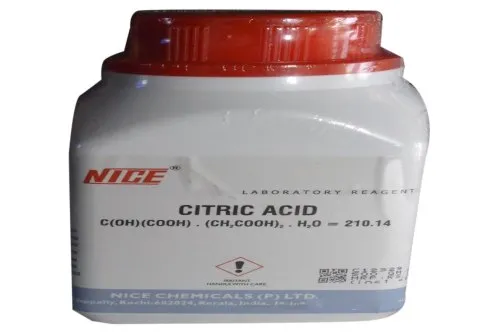
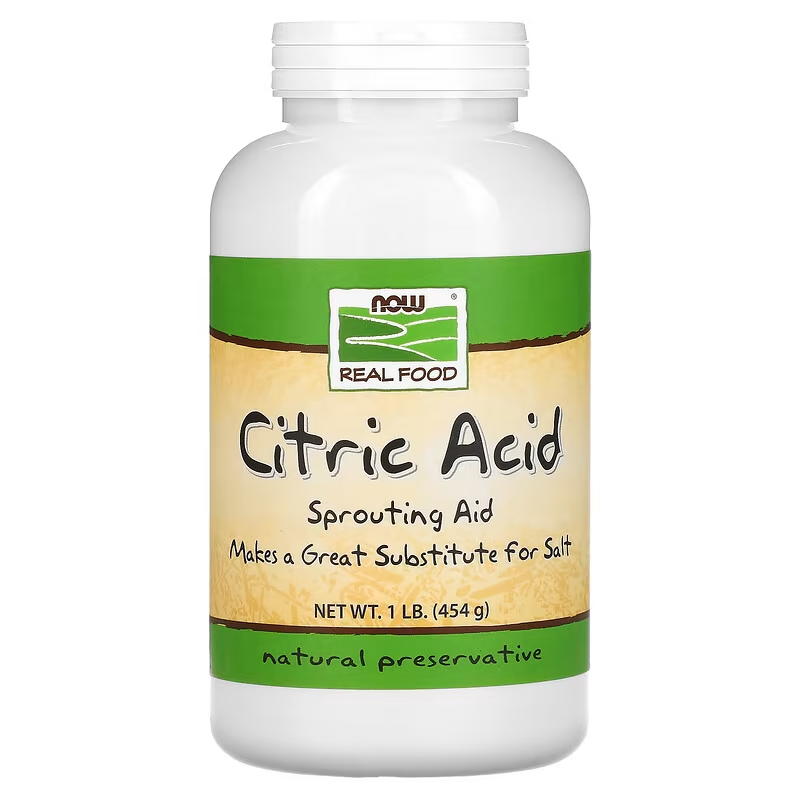
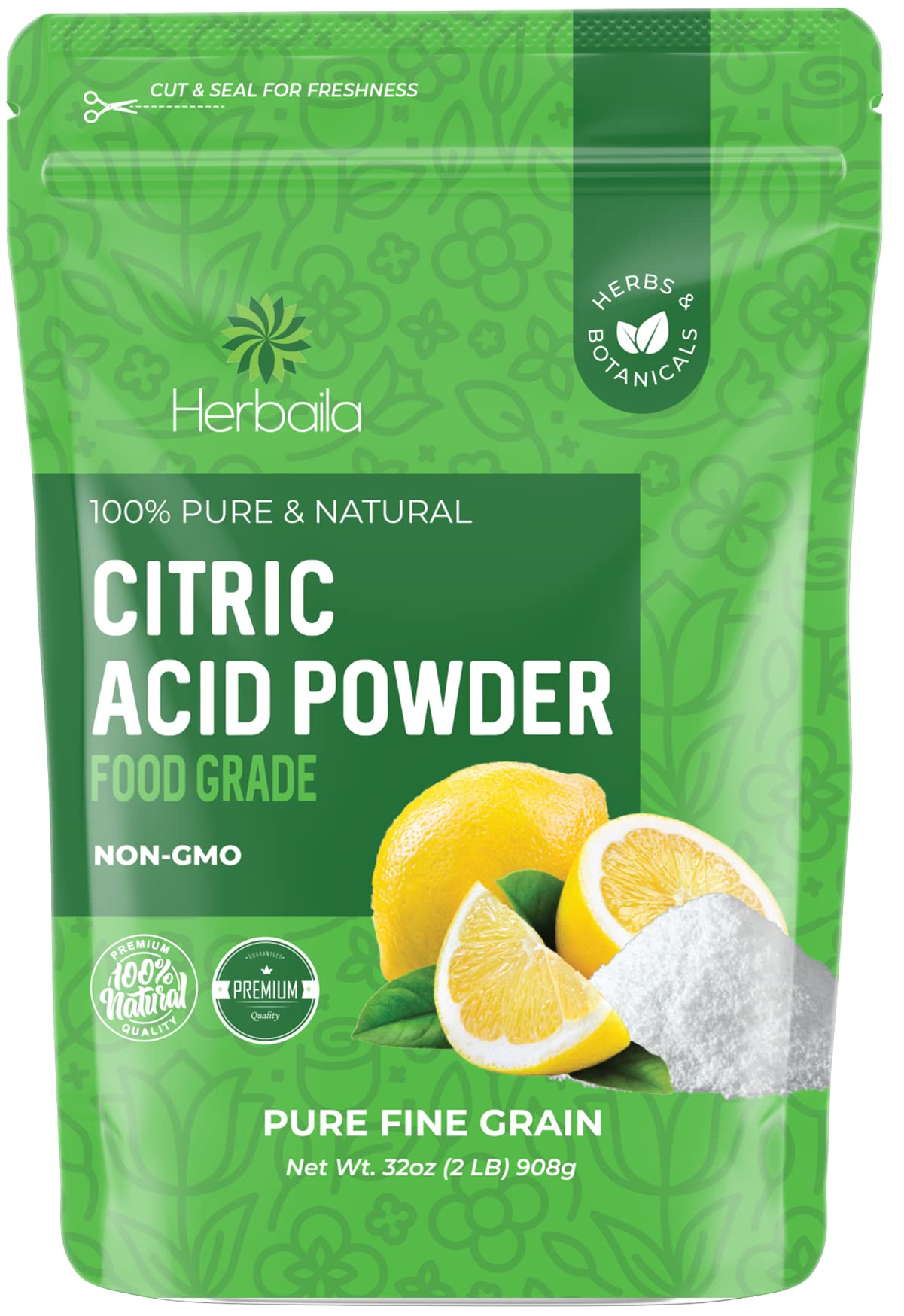
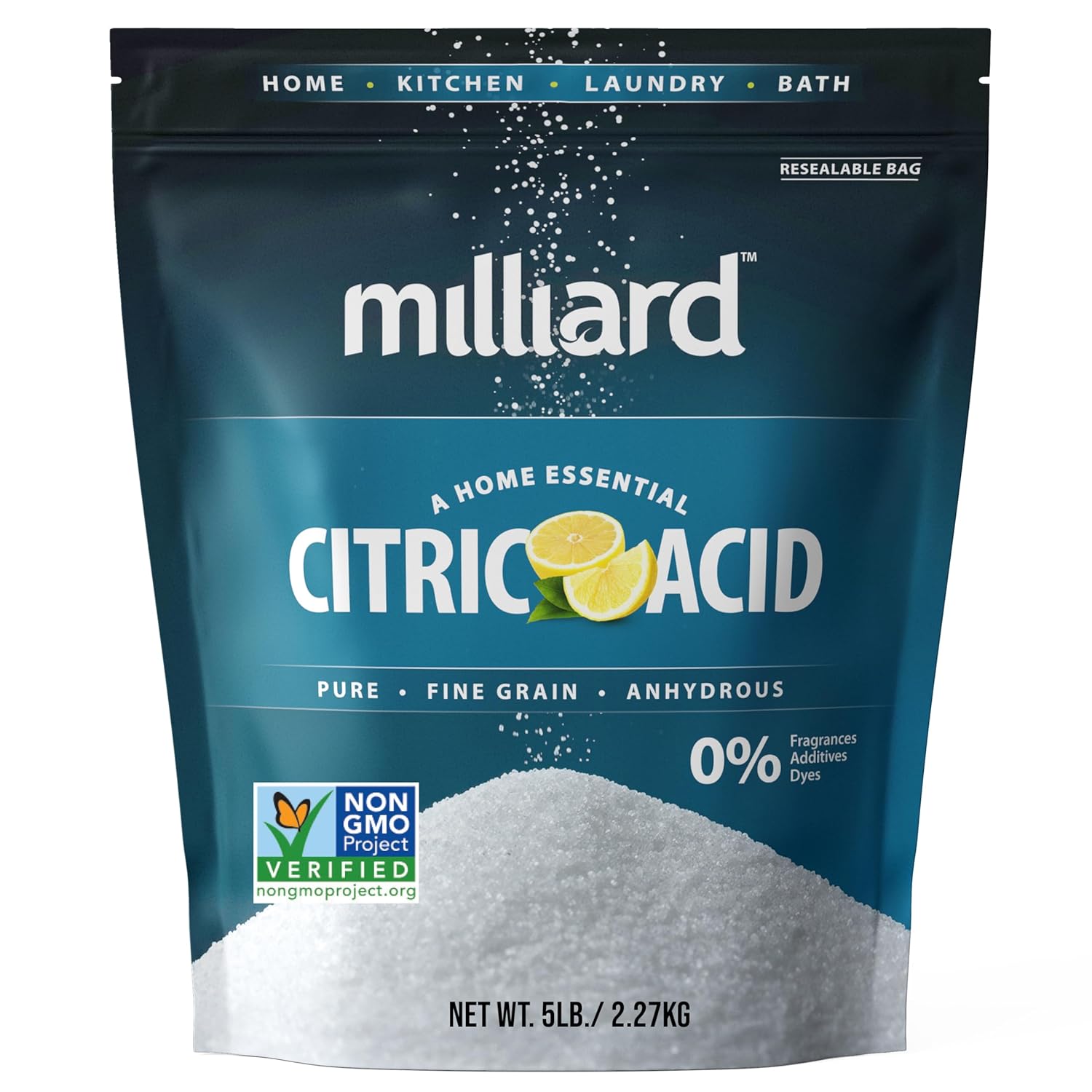
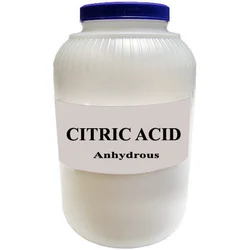
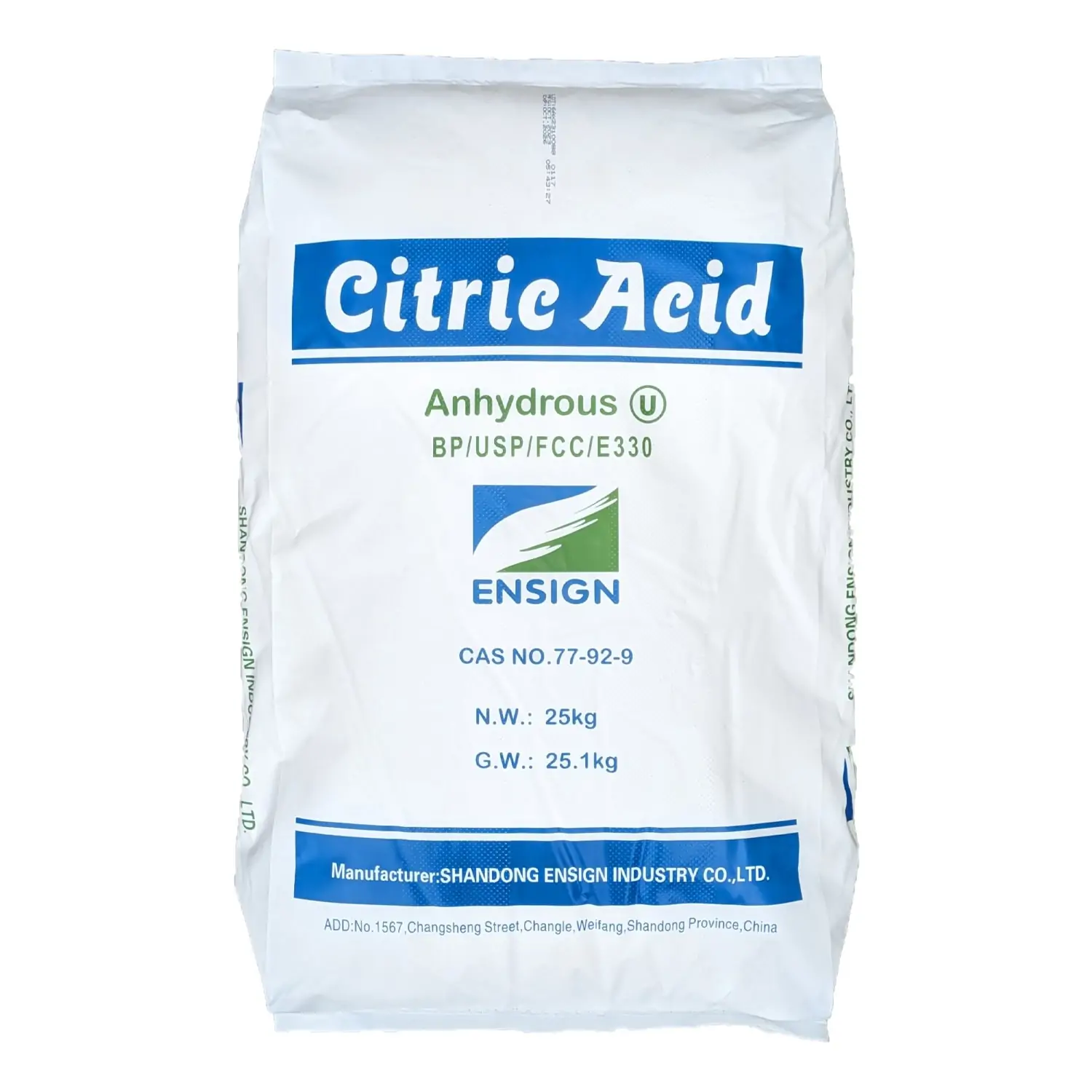
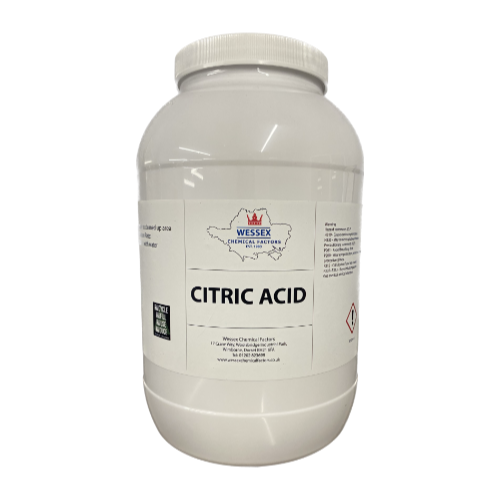
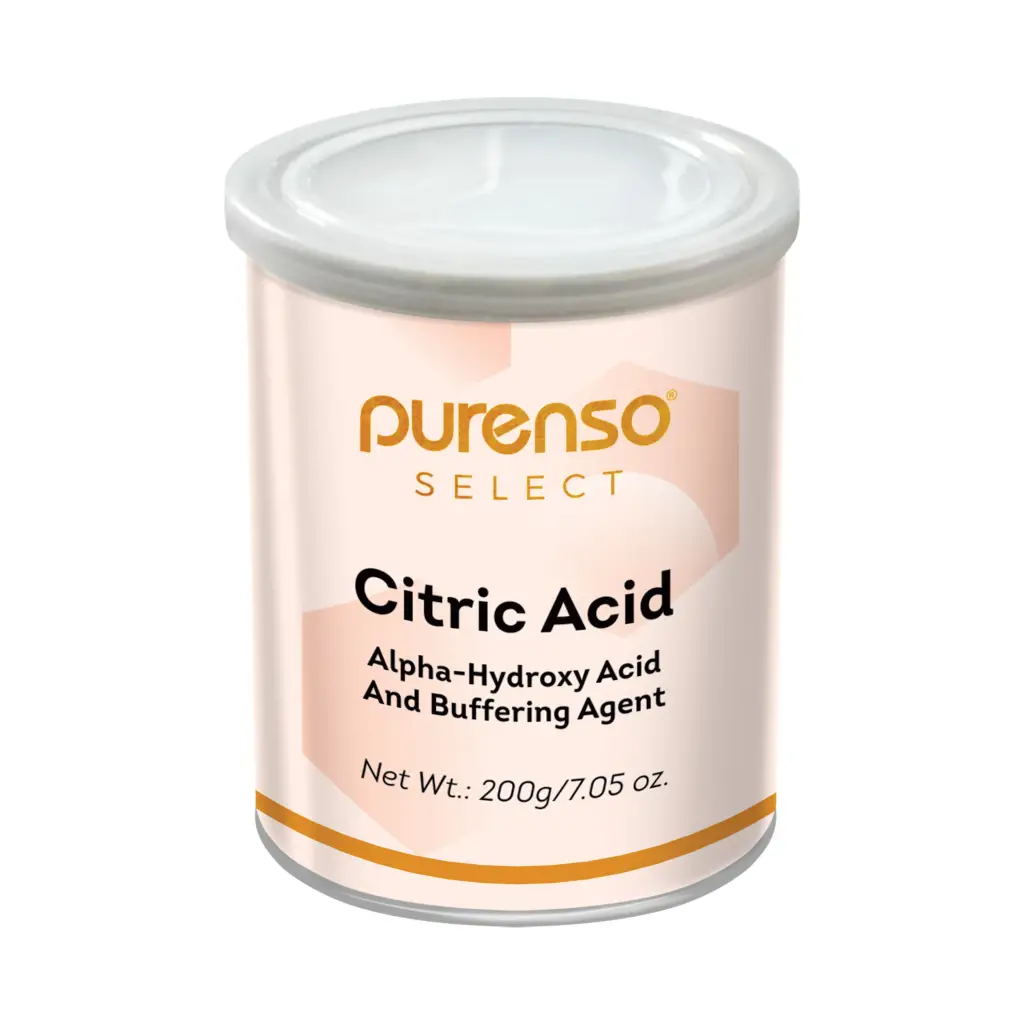

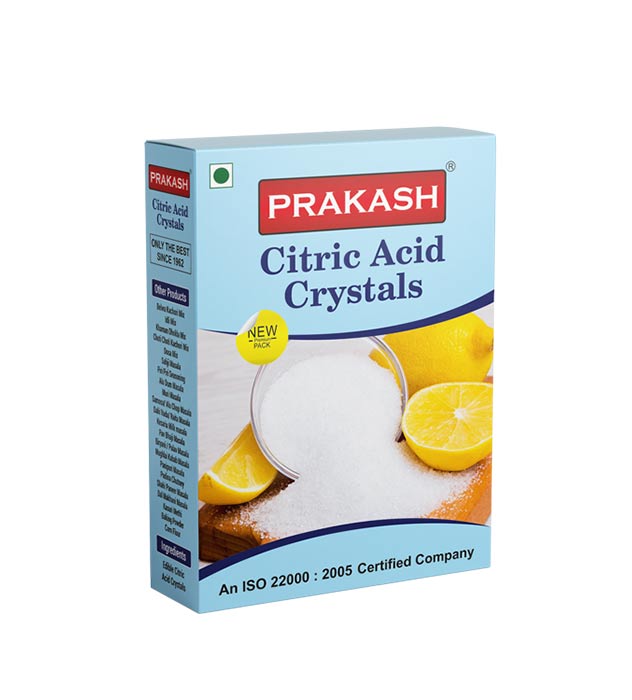




Reviews
There are no reviews yet.